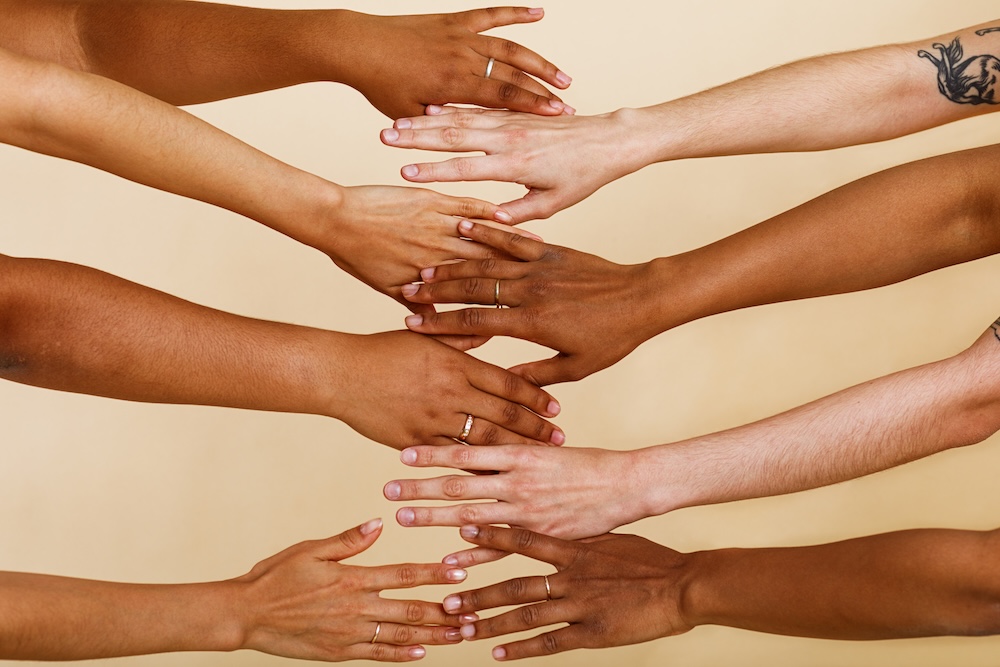For centuries, economies have measured success by how much we produce, sell, and consume.
But the true measure of progress isn’t how much wealth we create — it’s how that wealth affects life on Earth.
Empathy has long been treated as soft, emotional, or irrelevant in business.
Yet in a fractured world — marked by inequality, burnout, and ecological collapse — empathy might be the most powerful form of currency we have left.
When Growth Comes at a Human Cost
Global inequality is not a side effect of progress; it’s the result of how we define it.
- The richest 1% now own nearly half of the world’s wealth, according to Oxfam (2024).
- Meanwhile, nearly 700 million people still live in extreme poverty, and climate disasters push millions more into instability each year.
This isn’t growth — it’s imbalance.
When we reward extraction over empathy, we create systems that thrive on exploitation: of labor, of nature, of time.
What Is the Economics of Empathy?
The economics of empathy is the idea that growth should serve life — not consume it.
It’s an economic mindset rooted in fairness, well-being, and long-term resilience.
Instead of asking, How much did we make this quarter?, it asks:
- Who benefited from this?
- Who paid the price?
- Did this make our communities and ecosystems stronger or weaker?
Empathy in economics isn’t about charity — it’s about structural wisdom.
Because a society that disregards its weakest parts eventually collapses from within.
Empathy as Economic Infrastructure
1. Fair Wages and Dignity of Work
Empathetic economics values labor not as a cost to minimize, but as the foundation of prosperity.
When people earn enough to live with dignity, they reinvest in their communities — creating a cycle of stability and trust.
2. Community Wealth Building
Instead of funneling profits upward, empathy-driven models keep money circulating locally — through cooperatives, social enterprises, and mutual aid networks.
3. Inclusive Decision-Making
Empathy in leadership means listening — to workers, communities, and even the environment as a stakeholder.
Participatory budgeting and employee ownership are living examples of what inclusive economics looks like in practice.
4. Environmental Repair as Economic Growth
Regeneration — reforesting, restoring soil, rebuilding coral — is the ultimate form of empathetic investment.
It turns healing into a form of value creation.
The Business Case for Empathy
A global study by Harvard Business Review found that companies with empathetic cultures outperform competitors by up to 20% in employee retention, innovation, and long-term profitability.
Empathy builds loyalty — from employees, consumers, and partners.
It’s the invisible network that makes collaboration possible and innovation sustainable.
Empathetic economies don’t just survive shocks — they absorb them through solidarity.
Examples of Empathetic Models
- Patagonia’s “Earth Is Our Only Shareholder” initiative puts the planet before profit.
- Mondragon Corporation (Spain) runs on worker ownership, ensuring wealth is shared and decisions are democratic.
- New Zealand’s “Wellbeing Budget” measures national success using life satisfaction, health, and equality — not GDP.
Each of these models shows that empathy and efficiency are not opposites.
They are complementary forces that make systems human again.
The Ripple Effect of Economic Compassion
When economies adopt empathy, they nurture cooperation instead of competition, restoration instead of depletion, and care instead of control.
It reframes prosperity not as accumulation, but as balance — between people, planet, and progress.
Empathy turns growth from an extractive race into a regenerative rhythm.
Final Thoughts
The future of growth will not be defined by who earns the most, but by who cares the most.
We can no longer afford systems that succeed while others suffer.
Empathy is not weakness — it’s the architecture of a civilization that intends to last.
If economics built the world we see today, empathy can rebuild the one we deserve.








